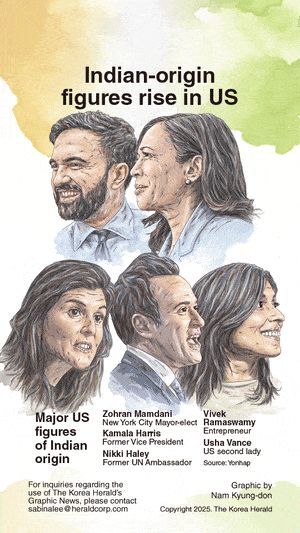![Officials work at a dealing room of Hana Bank in Seoul on Tuesday. (Yonhap)]](https://contents-cdn.viewus.co.kr/image/2025/07/CP-2023-0309/30473712.jpg) Expectations are high that President Lee Jae-myung’s push to revitalize South Korea’s capital markets could gain traction through reforms to the country’s dividend tax system, potentially unlocking value via higher payouts.
Expectations are high that President Lee Jae-myung’s push to revitalize South Korea’s capital markets could gain traction through reforms to the country’s dividend tax system, potentially unlocking value via higher payouts.
This steep tax burden discourages investors, particularly large shareholders – many of whom are company insiders or top executives – from accepting dividend payouts. This contributes to persistently low dividend payout ratios, leaving South Korea’s stock market undervalued compared to global peers.
“High dividend taxes drive management and major shareholders to keep payouts low or expand subsidiaries to avoid heavy tax burdens,” President Lee stated during his visit to the Korea Exchange, the country’s main bourse operator, on June 11.
South Korea’s dividend payout ratio hovers around 26-27 percent, significantly lower than the 42 percent in the U.S., 36 percent in Japan, and 31.3 percent in China.
To address this issue, Lee highlighted a bill proposed by Rep. Lee So-young of the ruling Democratic Party of Korea, aimed at promoting higher dividends through a revised tax approach.
The proposed legislation seeks to apply a separate, lower tax rate to dividends received from listed companies with payout ratios of 35 percent or higher, independent of the existing comprehensive income tax system.
Under this plan, dividends up to 20 million KRW would be taxed at 15.4 percent, amounts between 20 million and 300 million KRW at 22 percent, and dividends exceeding 300 million KRW at 27.5 percent.
This reform could significantly reduce the maximum tax rate from nearly 50 percent to around 25 percent for major shareholders, providing a strong incentive to increase dividend payouts.
The government argues that smaller shareholders would also benefit, as higher payouts tend to improve dividend yields and enhance investment appeal.
“Applying separate taxation to companies with a payout ratio of 35 percent or higher can reduce investors’ tax burden, encourage long-term investments, and stabilize the capital market,” said Kim Soo-hyun, an analyst at DS Investment & Securities.
Analysts note that the success of these reforms depends on companies not only maintaining high payout ratios but also demonstrating a consistent trend of dividend growth.
Daishin Securities analyst Lee Kyung-yeon recommended identifying true value stocks with strong dividend capacity, a clear intention to expand payouts, and potential tax advantages.
The brokerage firm identified several companies likely to benefit from the proposed tax changes, including Jinyang Holdings, SeAH Be Steel Holdings, Amore Pacific Holdings, CJ, Huons Global, SK Discovery, and Orion Holdings.
These firms have maintained an average payout ratio above 35 percent over the past five years and have substantial ownership stakes held by major shareholders.
Companies with payout ratios between 25 and 34 percent, such as Kolon, Hankook & Co., and Daesang Holdings, are also on the radar, as they have incentives to push past the 35 percent threshold and unlock additional benefits.
If separate taxation on dividend income is introduced, financial holding companies are expected to shift their focus from stock buybacks and cancellations to increasing dividends.
Although the total shareholder return, combining buybacks, cancellations, and dividends, stands at around 40 percent for major groups like Woori, Hana, KB, and Shinhan, their dividend payout ratios are below 30 percent as of the end of the first quarter. This indicates they have room to raise dividends if the new tax policy encourages it.










Most Commented